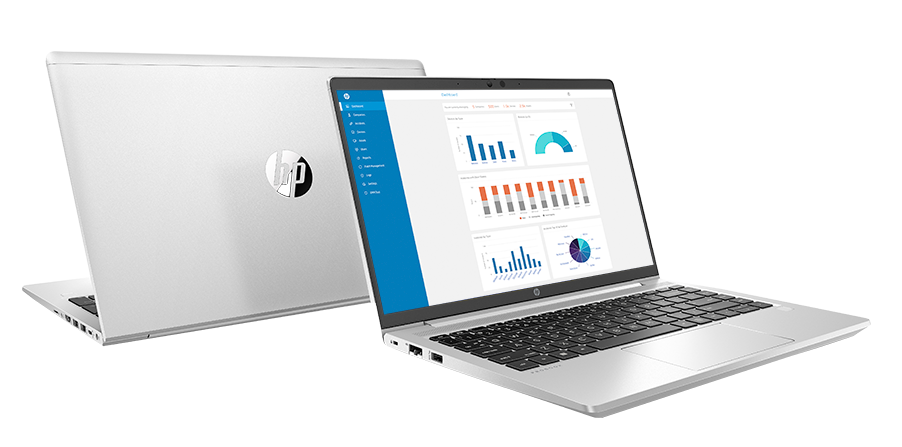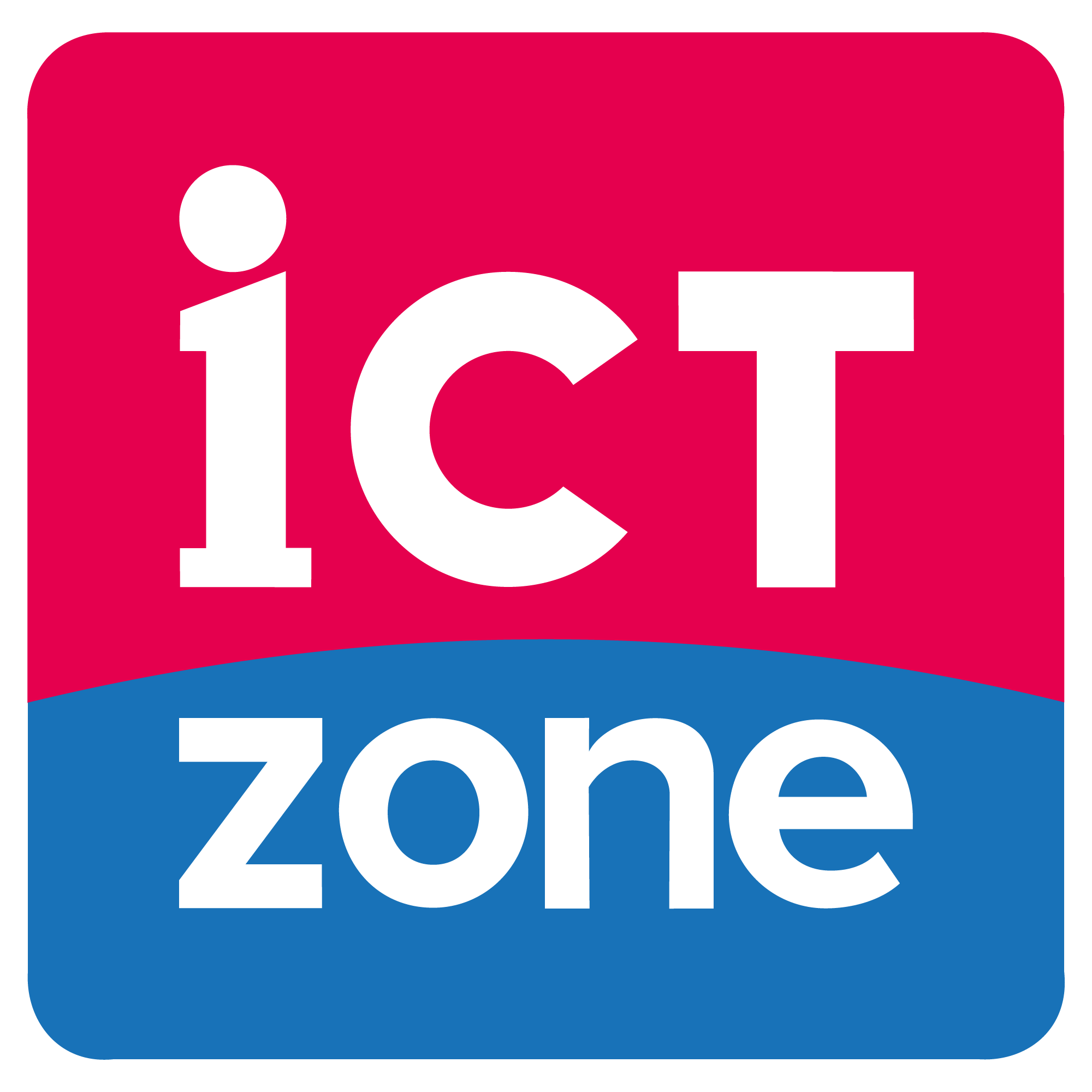
The Malaysian digital economy refers to the evolving economic plane through the use of information technology. It involves all the new ways our society markets, consumes, creates, and adapts to goods and services.
Digitalisation has positively transformed our nation and the quality of our lives in various ways. Individuals now have better access to necessary goods and services, while companies have also grown more efficient in their production.
In a rapidly developing world, a nation’s digital economy should be nurtured with equal attention as its traditional counterpart. Read this article to learn more about the Malaysian digital economy and its importance.
Read More: What Is Circular Economy and Its Importance for Digital Devices?
Understanding the Malaysian Digital Economy
What differentiates the Malaysian digital economy from a traditional one? As mentioned previously, a digital economy refers to the employment of IT in the everyday production, consumption, and overall treatment of goods and services.
Renowned economist and statistician, Thomas Mesenbourg, points out three components* that distinguish the Malaysian digital economy from our traditional economy:
Infrastructure – Digitalising the Economy
Alongside intellectual capital, businesses and government organisations are also equipped with technological resources.
E-Business – Digitalising SMEs and Businesses
Business owners are utilising virtualised platforms, IT systems, and various applications for smoother business operations.
E-Commerce – Digital Entrepreneurship
Goods and services are sold online by distributors through various digital platforms.
By leveraging technology, the Malaysian digital economy is able to grow and further drive the nation’s progress. This digital adoption, where users learn to drive maximum value from new technology, has greatly impacted our economic growth.
Why Do We Need a Digital Economy?
When a concept is put forth as something revolutionary or important, we will naturally seek to answer why it is necessary. Having a digital economy in the 21st century is key to ensuring Malaysia remains competitive with other developing nations.
Rapid technological developments mean that the use of IT in daily life and the Malaysian digital economy are constantly evolving. An added source of pressure is globalisation and global trends that lean towards digitalisation.
Here are 3 benefits of a digital economy:
Improved Quality of Life
The digitalisation of the business sector, for example, allows consumers to enjoy higher-quality products and more streamlined services.
Increased Productivity
The use of IT in the workforce, such as with hybrid employment, not only increases productivity by cutting down travel time but also reduces a company’s carbon footprint.
Promotes Innovation
To meet the evolving needs of our digitalised economy, IT specialists should create better technological solutions, leading to more innovative designs.
Read More: Green Computing Malaysia: 4 Simple Things Businesses Can Do To Impact The Environment

DaaS 360 Tech Financing Service
In an effort to bridge the gap of digital adoption, the DaaS 360 Tech Financing Service seeks to provide companies with quality business IT services at reasonable prices.
It is a subscription-based payment that can be short-term or long-term, depending on your business needs. The financing scheme allows businesses to acquire valuable IT, such as electronic devices and software, in order to stay competitive.
There is much to gain from our Malaysian digital economy, and thus digitalisation of important sectors should be given due attention.
Simplifying How Businesses Access Technology
For more ways to revolutionise your business in the Malaysian digital economy, visit our other IT solutions with DaaS 360, where we offer everything from virtualised desktops to end-to-end device lifecycle management.









